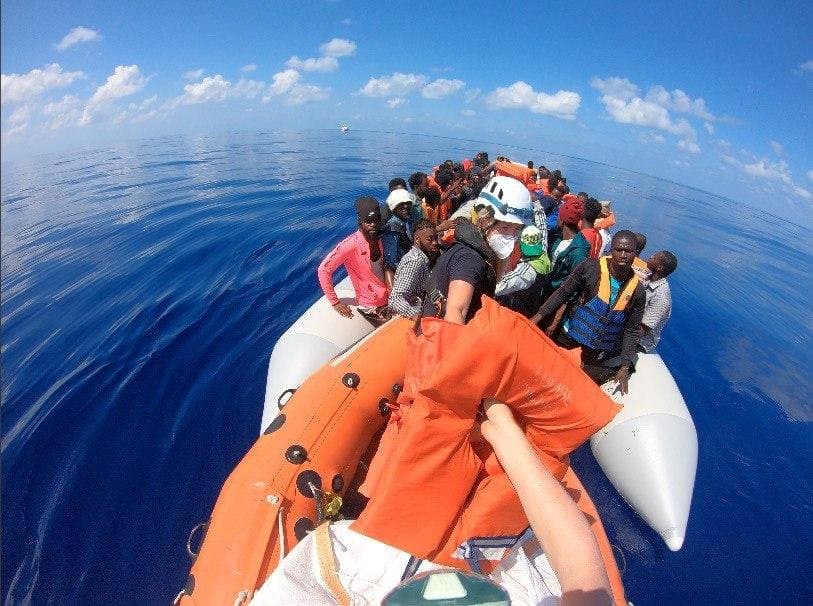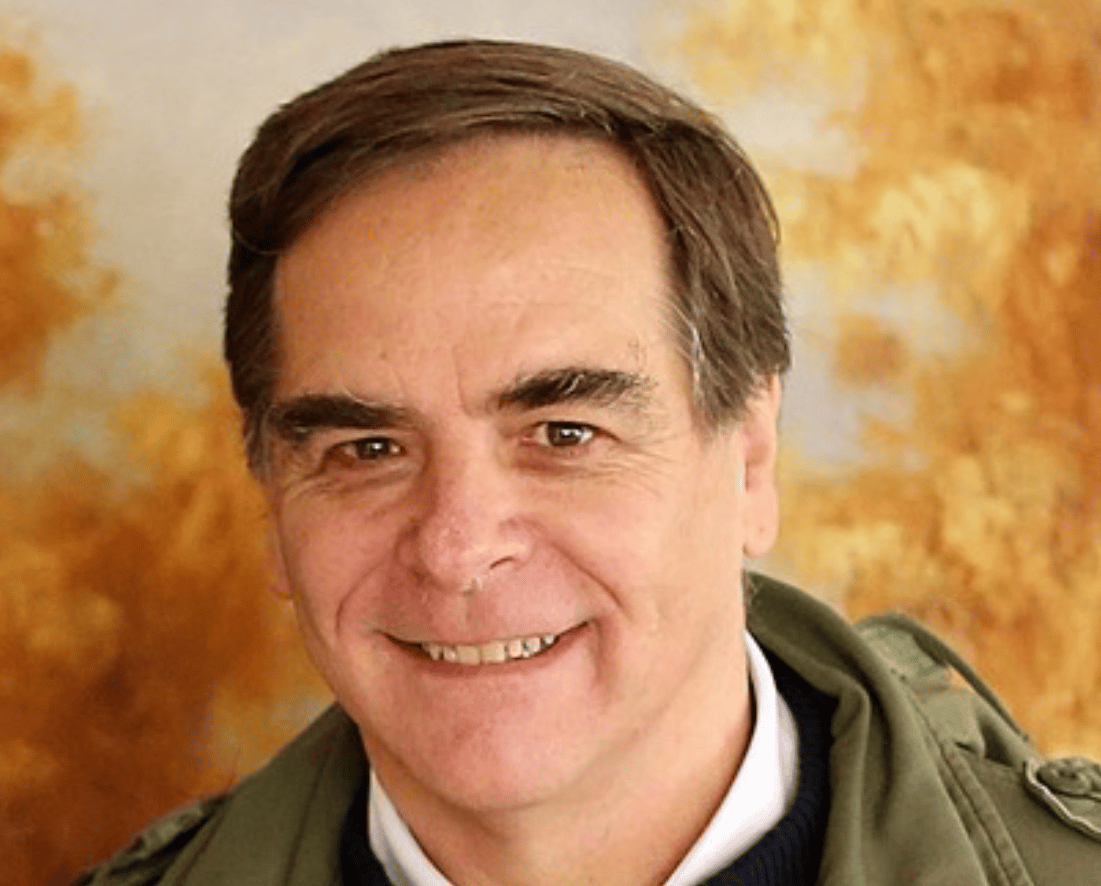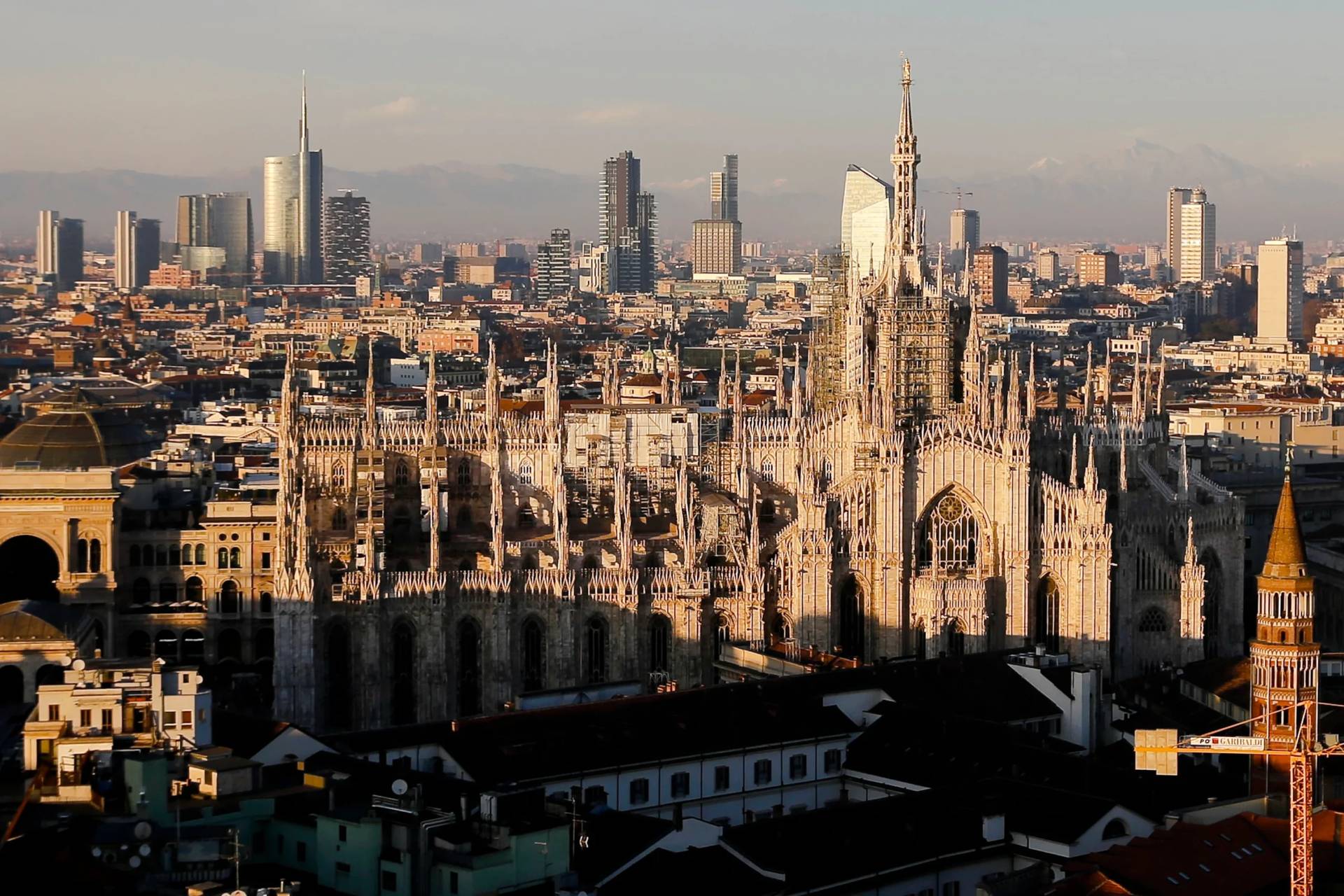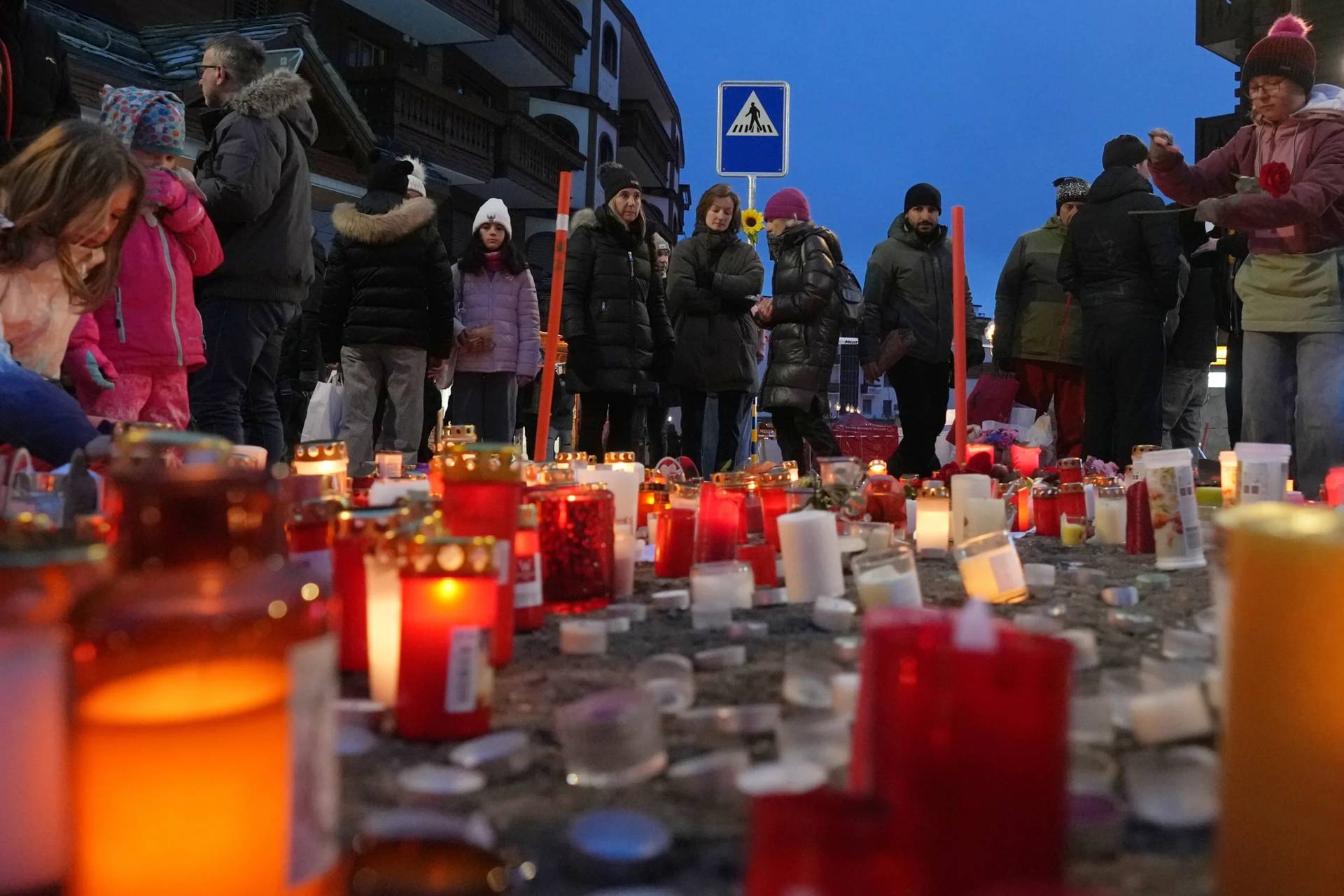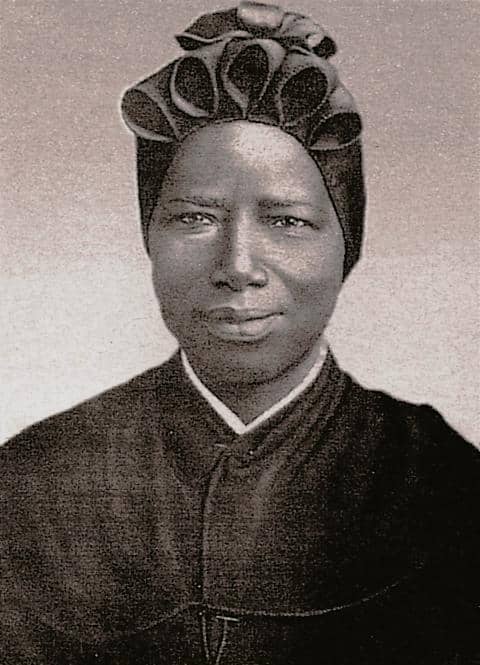Later this month, Pope Francis will close a five-day meeting involving dozens of bishops and mayors from the Mediterranean region in the Italian city of Florence.
Italian Prime Minister Mario Draghi will be present at the opening ceremony, while President Sergio Matarella will participate in the pontiff’s closing Mass.
The meeting follows one held in Bari in 2020, just as the pandemic was starting, but only included the bishops of the region.
At the center of the meeting will be the topic of migration: What can be done to save people from drowning in the Mediterranean Sea, which Francis has called the “Mare Mortum,” meaning the Sea of Death.
Participants will come from 20 countries, and at least 70 bishops and 60 mayors are expected to attend.
Among the mayors who have confirmed are those of Rome, Athens, Jerusalem, Beirut, Bethlehem, Amman, and Marseille.
The gathering was presented at an online press conference on Thursday, where organizers of the meeting said what made these gatherings unique is the convergence of civil and ecclesial authorities to discuss how they can cooperate with one another on a topic that impacts millions of people. Furthermore, they will engage in a dialogue of culture and civilizations, and show that a peaceful coexistence between peoples from different backgrounds is not only desirable but actually possible.

As was the case of the Bari meeting, there is a goal of fostering the common connection with the great Mediterranean region. From a solely religious point of view, there is also talk of these meetings being the launching pad for a Bishops’ Conference of the Mediterranean region, much like there are European Bishops’ conferences or the Conference of Eastern Churches.
The challenge with this, the organizers have said, is creating the awareness of a common connection between the Mediterranean Churches, which has thus far been hard to accomplish due to rifts and sharply defined borders.
Cardinal Gualtiero Bassetti, president of the Italian Bishops’ Conference, said on Thursday that “we have urgent problems in the Mare Nostrum that need to be addressed together.”
Mare Nostrum was the term used for the Mediterranean Sea by the Roman Empire.
He also reaffirmed the geopolitical uniqueness of the Mediterranean: A basin of three continents, “a melting pot that sums up the problems of the whole world.”
The 21 countries that make up the Mediterranean region are: Albania, Algeria, Bosnia and Herzegovina, Croatia, Cyprus, Egypt, France, Greece, Israel, Italy, Lebanon, Libya, Malta, Monaco, Montenegro, Morocco, Slovenia, Spain, Syria, Tunisia, and Turkey.
Pope Francis won’t only be meeting with bishops and mayors, but also with migrants who have arrived in Europe fleeing violence and famine, mostly traveling in rubber boats departing from Libya, Turkey and Morocco. He is currently scheduled to meet some 50 refugee families from Africa and the Middle East.
On Saturday 26th, the eve of Francis’s arrival, bishops and mayors will sign the “Florence Declaration.”
According to Bishop Antonio Raspanti of Acireale, the vice-president of the Italian bishops, dwelt on the central intent around which the work of the Italian Church will focus: The contribution that the Christian community can give to cities in the perspective of inter-religious dialogue and especially in the area of support for the needy and in dealing with the problem of forced migration.
“We would like to draw up a sort of Charter of Common Intent that we will sign together and deliver to the pope,” he said, specifying that the effort, as a Church, will be precisely that of reviving the communal spirit: “It is necessary to activate all the baptized, not only the hierarchy, towards solutions.”
The invitation will therefore be addressed to everyone “so that solution points on peace and coexistence and ways of implementation can be identified.”
Basetti said the meeting was “from the perspective of fraternity, to listen to each other.”
Following the meeting in Bari, the cardinal added, “we restart from Florence with the desire to help the Mediterranean return to being what it was, that is, a place of unity and not of conflict, of development and not of death.”
Follow Inés San Martín on Twitter: @inesanma
